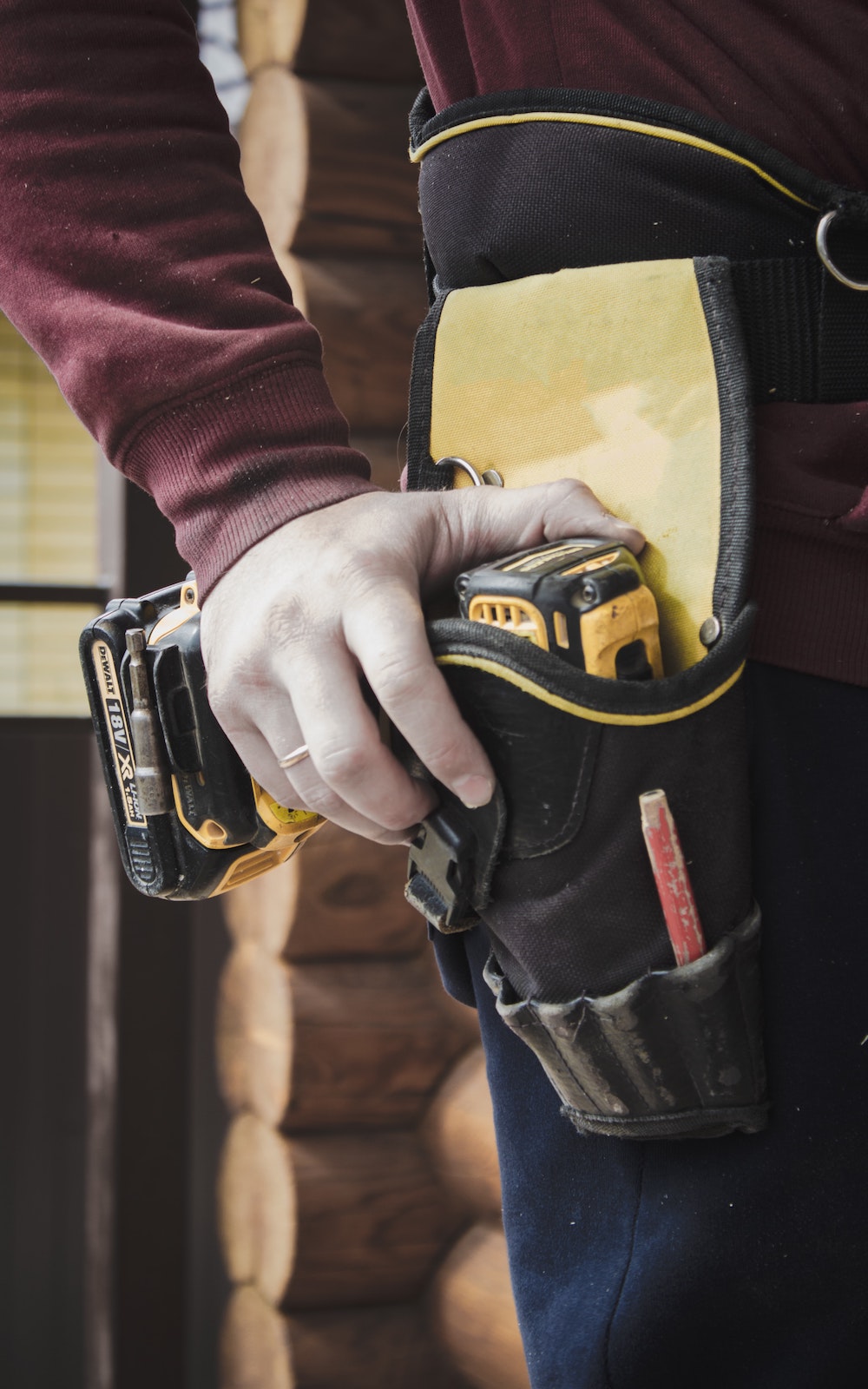
If you are like most people, when your furnace starts making strange noises or you start seeing higher than average utility bills, you probably start to worry. Do you repair the furnace or replace the furnace? Both options have pros and cons, but the best option for you depends on several factors. In this blog post, we will explore the pros and cons of repairing and replacing furnaces so that you can decide what is best for your home.
What are the most common furnace repairs?
If your furnace stops working, it is important to troubleshoot the problem as soon as possible. A furnace that does not produce heat can be a serious liability in cold weather, and even a small problem can lead to a complete system failure if left unaddressed. Fortunately, many common furnace problems can be easily fixed with a little know-how.
One of the most common issues is a dirty or clogged filter. A clogged filter can restrict airflow and cause the furnace to overheat, potentially damaging the system. Another common problem is a faulty thermostat. A poorly working thermostat can prevent the furnace from turning on or cause it to cycle too frequently, leading to excessive wear and tear. If you are experiencing any issues with your furnace, it is best to call a qualified technician like One Stop Heating & Air Conditioning for diagnosis and repair. With a little care and maintenance, your furnace will keep you warm all winter.
Is it better to repair the furnace or replace it?
Furnaces can be expensive to operate and maintain. When they break down, homeowners are faced with whether to repair or replace them.
First, the age of the furnace should be taken into account. If the furnace is more than 15 years old, replacing it with a new one may be more cost-effective. Second, the severity of the problem should be considered. If the furnace requires a major repair, such as a new heat exchanger, replacing it may be more cost-effective. Third, the cost of repairs should be compared to the cost of a new furnace. Sometimes, it may be cheaper to repair the existing furnace than to purchase a new one. Fourth, energy efficiency should be considered. New furnaces are much more energy efficient than older models, so replacing an old furnace can save money in the long run. Finally, some people prefer a new furnace to repair an old one. When deciding to repair or replace a furnace, homeowners should consider all of these factors to make sure they choose the best option.
What is the life expectancy of a furnace?
A furnace has a lifespan of about 15 to 20 years. However, its longevity will depend on the make and model of the furnace, how often it is used, and how well it is maintained. For instance, a high-efficiency furnace will typically last longer than a standard furnace. Additionally, furnaces that are used infrequently may last longer than those that are used daily. Finally, properly maintained and serviced furnaces will also have a longer lifespan. Ultimately, several factors can impact the life expectancy of a furnace. However, with proper care and maintenance, most furnaces will provide years of reliable service.
The final decision of whether to repair or replace a furnace depends on many factors, including the age of the furnace, its condition, and the cost of repairs. If you are experiencing frequent problems with your furnace, it may be more economical to replace it than to keep repairing it. However, repairs may be better if your furnace is relatively new and in good condition. Contact a qualified HVAC technician for advice about what is best for your home.
You may be interested in: Keep Data Safe When Replacing IT Equipment

